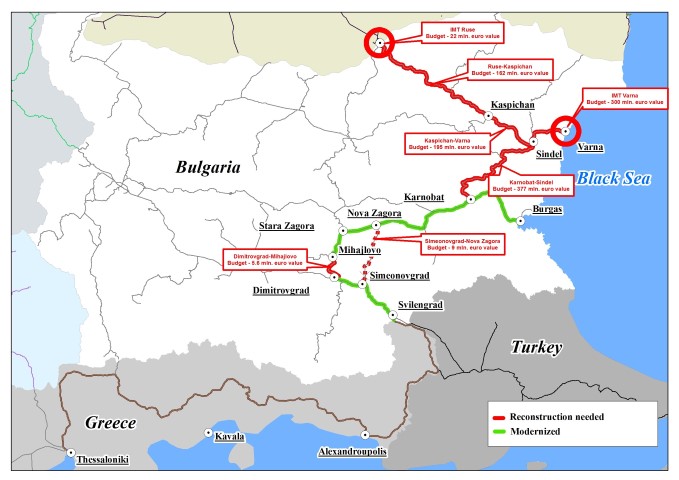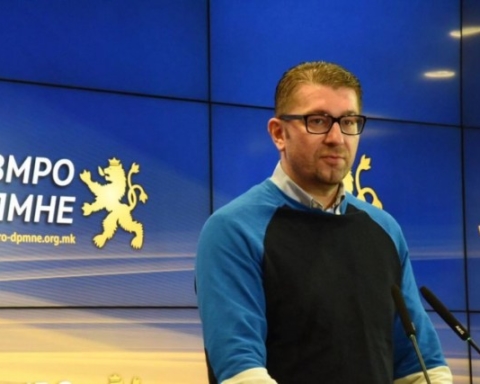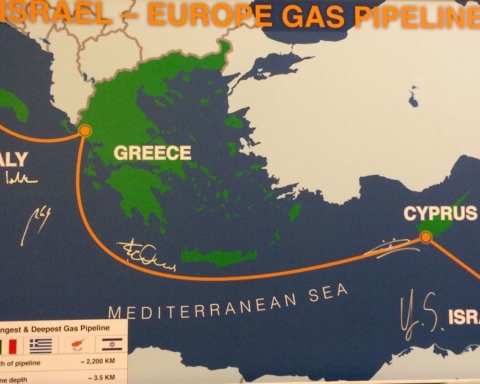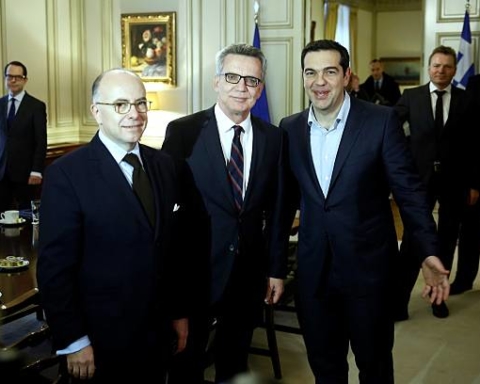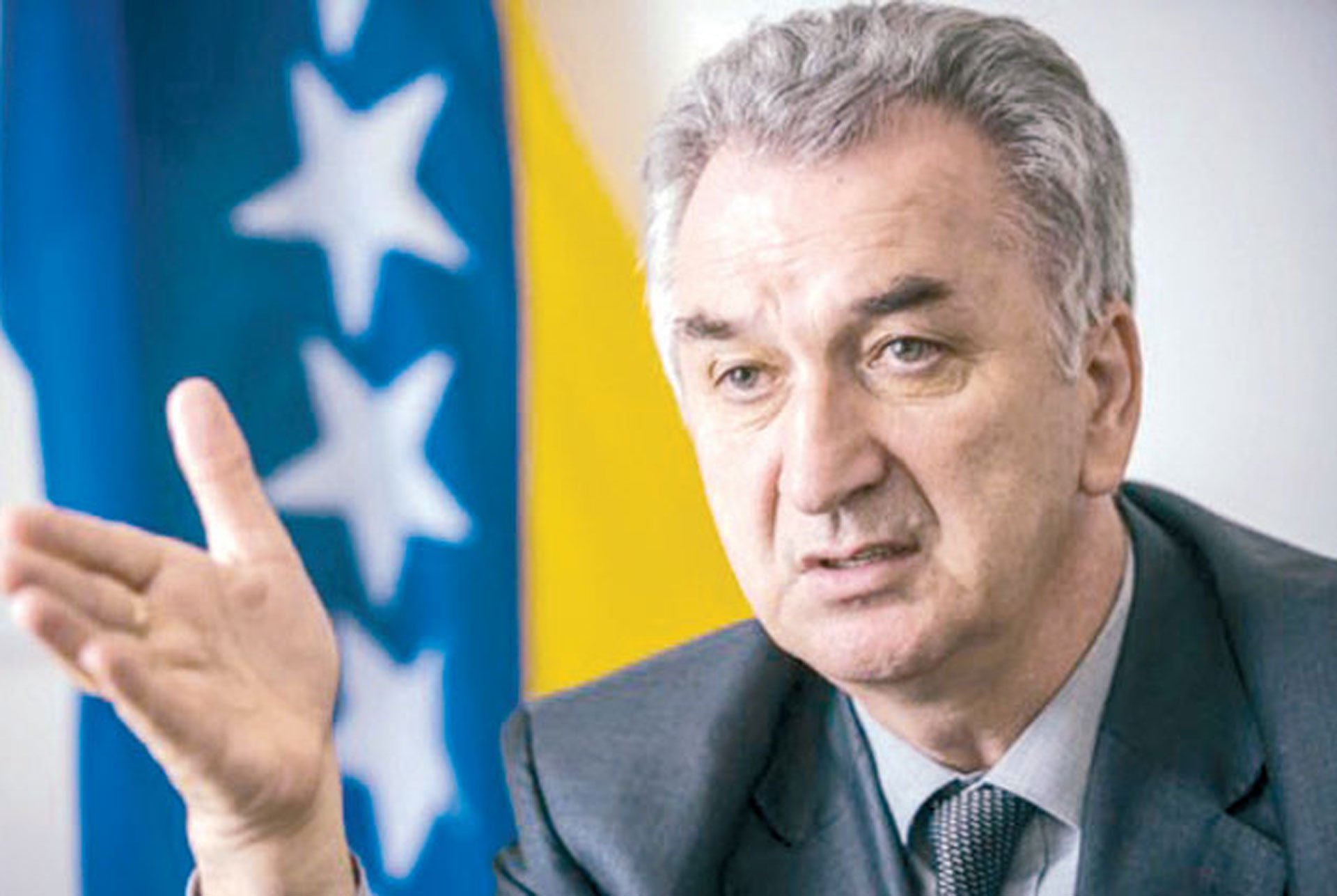The corridor is aimed at integrated connectivity, business and industry development, and operating compatibility between the two European states. The corridor combines rail and port infrastructure. The two countries will together study the rates of return and traffic. According to Moskovski, a period of 10 years is real, objective and sufficient for the construction of the corridor. Investments in the Bulgarian section alone are estimated at EUR 1.07 billion. The options for financing are currently discussed with the Greek colleagues. The project could be financed under the Juncker plan or attract the interest of the European Investment Bank and the other major banks, the minister said.
Latest from EUROPE
Even if an average European, sipping morning coffee with a croissant, notices news reports about the
Trump’s initiatives to end the war not because of Russia’s defeat on the battlefield, but because
Hungary, Paks II and Viktor Orbán. How European unity is being undermined by corruption in Hungary’s
The shadow fleet transporting Russian oil has experiencedsignificant growth, representing around 17% of the global oiltanker fleet by the end of 2024. The trajectory of thisphenomenon remains unpredictable, driven by its rapidexpansion and the volatility of the geopolitical and economiclandscape.
The inauguration date of U.S. President-elect Donald Trump is approaching, and with that comes talk of
